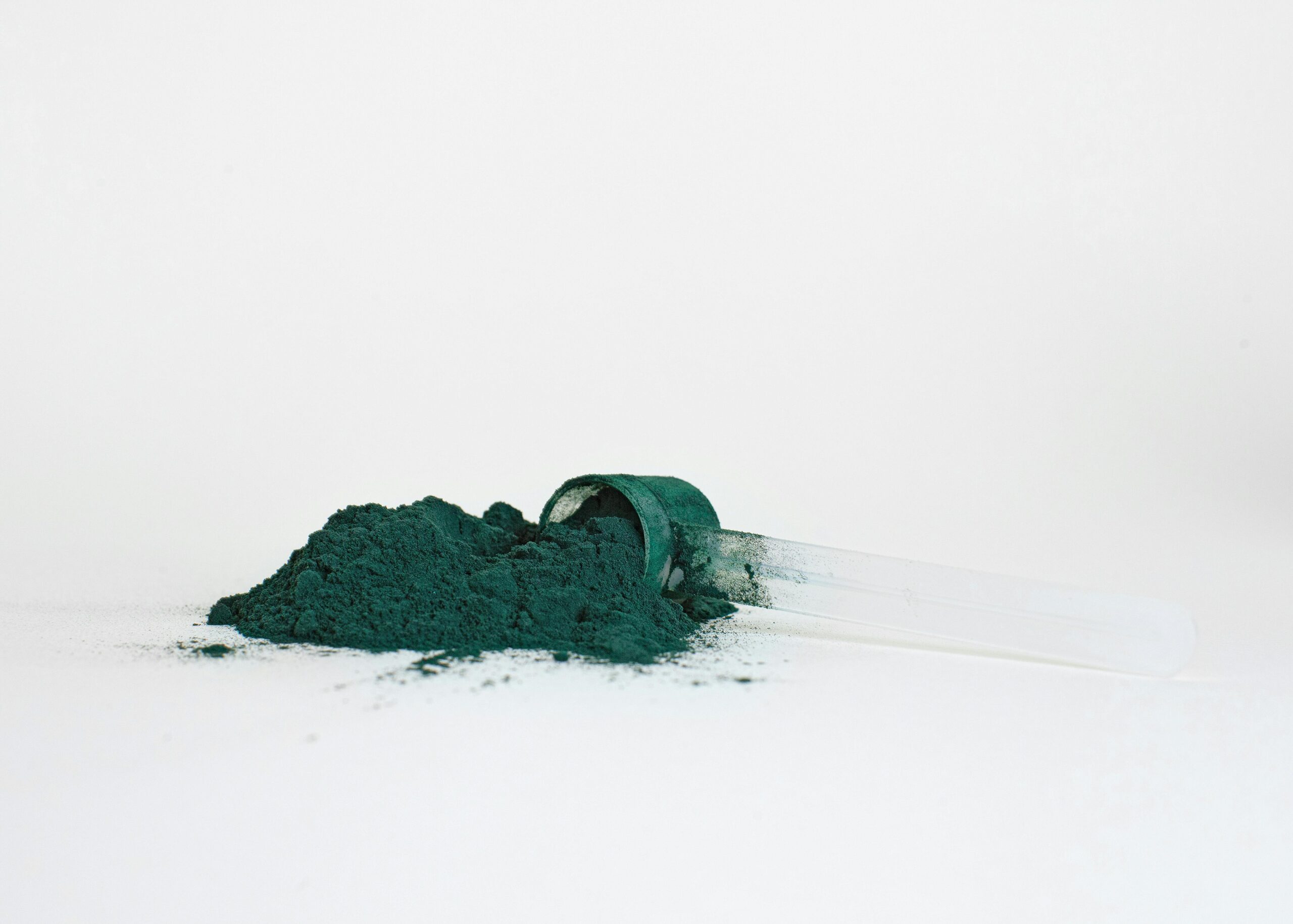What do you even take for a space trip? Turns out it’s spirulina
Add the word super before another word and its value increases. Superfoods are no exceptions. So, are superfoods that nutritious? Can they provide you with a ton of health benefits? Well, you can’t rely on one food to give you all the energy your body needs for the day. You need to eat different types of food to make sure you are eating a balanced meal. Yes, you need carbs, proteins, vitamins, minerals, fiber, and water.
Spirulina is one food that has been awarded the title of superfood.
Spirulina belongs to the cyanobacteria class and Spirulina platensis and Spirulina maxima are commonly used as dietary sources. Spirulina platensis grows in freshwater lakes with warm and alkaline waters but spirulina as a food supplement is now grown in special farms.
1. Rich in nutrients
See weeds in general are rich in micro and macronutrients and phytochemials. Spirulina in particular contains a significant amount of micronutrients which makes it an ideal food to take with you to space. The nutritional file of spirulina includes:
- Vitamins — Spirulina in particular has high levels of vitamin B, especially B12
- Minerals — Iron, calcium, zinc, manganese, etc.
- Essential fatty acids such as gamma-linolenic acid
- Rich in pigments including chlorophyll and phycobilins
In a nutshell, a small amount of spirulina can provide different nutrients which led to WHO naming it a superfood.
2. Easily absorbed by the body
Why are you given IV fluids when you are sick? IV fluids are a quick way to get nutrients and fluid into your body. Similarly, your body absorbs spirulina quickly. In fact, it is absorbed so quickly that it restores your body’s nutritional deficiencies. This superfood is also swiftly absorbed into the body’s nervous system due to its high bioavailability.
3. Changes in gut microbiome
Seaweeds in general interact with the microbiome in your stomach and intestine when taken as a part of your diet and spirulina is no exception to this. Gut health has attracted a lot of attention in recent years and is recognized as a key element in the regulation of health. The interaction between them can lead to the formation of molecules that can affect the microbiome in the intestine. But it isn’t just a unidirectional relationship as there is data to show that the gut microbiome has an effect on spirulina making this a bidirectional relationship:
- The gut microbiota can change the phytocomplex of spirulina which is rich in pigments like chlorophyll to small molecules which can reach the blood.
- Spirulina seems to change the gut microbiome into something that is more protective.
4. Spirulina and brain health
How does something you eat have an impact on your brain? It does! In fact, disruptions in microbiomes have been involved in various neurologic disorders.
The nutrients present in spirulina like magnesium, fatty acids, and B vitamins easily reach the brain and provide beneficial neuronal effects. The phytocomplex which is present can also affect the brain through its interaction with the gut microbiome. It has also shown to be neuroprotective in studies involving animal models with this research paper publishing that the influence that intestinal microbiome has on your central (brain and spinal cord) and autonomic(nerves) can explain the neuroprotective role of spirulina.
Improvement in mental and physical fatigue and regulation of blood pressure are other benefits spirulina has shown to have. Despite all of these benefits, we do need more studies to study the neuroprotective role of this superfood.
5. Effects of spirulina on blood lipids
If something interacts with blood, can it have an effect on lipids? Well, spirulina was doubted to have lipid-lowering abilities since 1981 and its ability to lower cholesterol was first shown in animal studies. since then clinical trials have been performed on humans with the effect differing according to factors like race, age, gender, additional health issues, and the dose and duration of treatment.
Improvement in hyperlipidemia which is an increase in cholesterol was seen in studies which also helps in lowering the risk for heart disease. Moreover, it showed beneficial effects on people suffering from obesity and weight loss.
This seaweed has a ton of benefits and it’s easy to see why it was crowned a superfood. In fact, those aren’t the only benefits as this study shows that spirulina may have an anti-inflammatory role as well. From its rich nutritional profile to its effect on obesity, a little goes a long way with this green food. It is available in powder form and you just have to figure out how to add it to your diet. Do you add it in a smoothie or are there specific dishes that you can make with it? It depends on your preference for texture and the kind of food.

